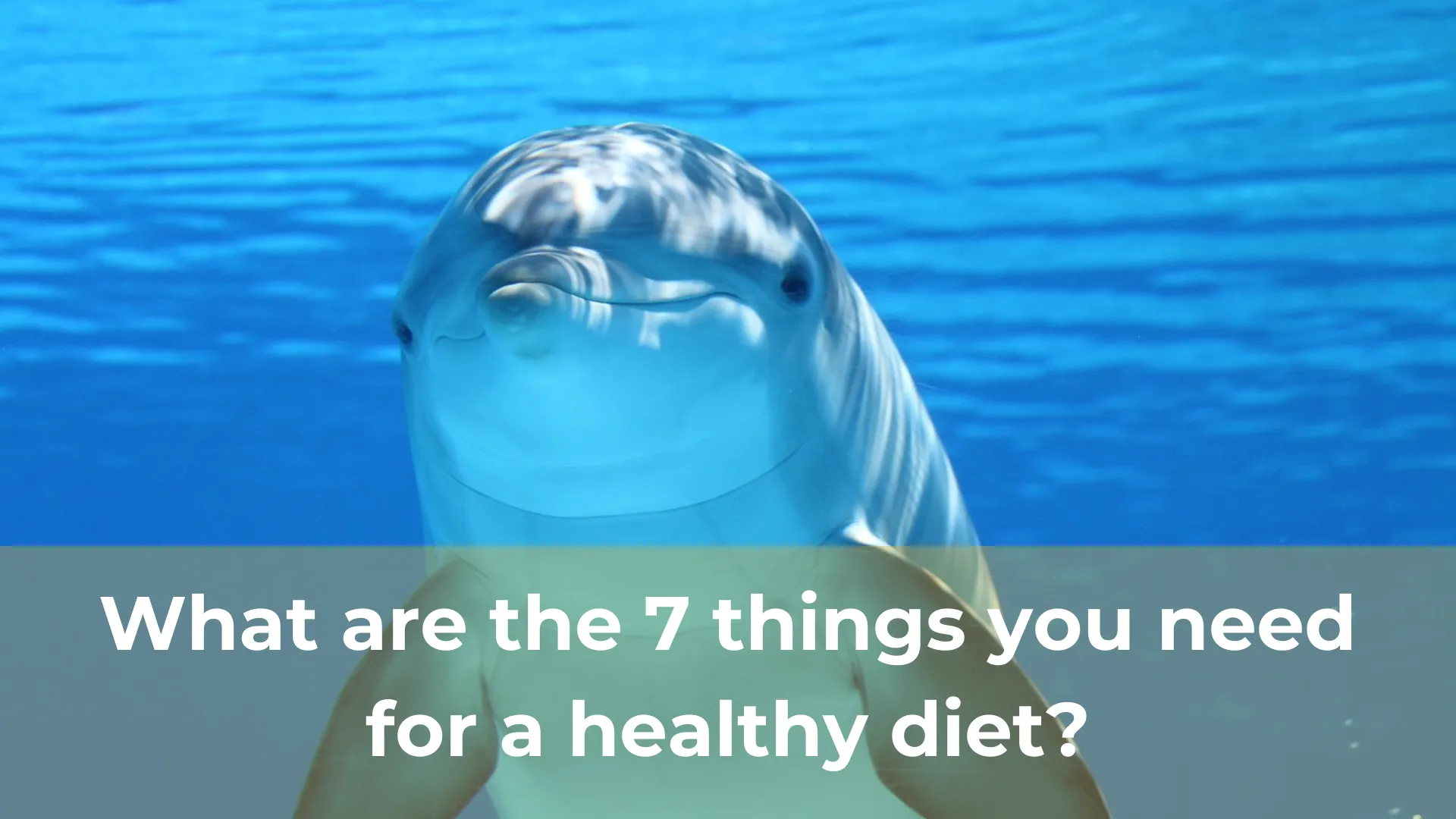What are the 7 things you need for a healthy diet?
When it comes to maintaining a healthy lifestyle, a balanced and nutritious diet is absolutely essential. But with so much conflicting information out there, it can be challenging to know where to start. In this article, we break it down for you and reveal the seven things you need for a healthy diet. From nourishing fruits and vegetables to lean proteins and whole grains, we’ve got you covered.
First and foremost, fruits and vegetables should be at the core of any healthy diet. Packed with vitamins, minerals, and antioxidants, these nutrient powerhouses help reduce the risk of chronic diseases and boost overall well-being. Aim to include a colorful variety in your meals to reap the maximum benefits. Remember, the more diverse your fruit and vegetable intake, the greater the range of nutrients you’ll consume.
In addition to fruits and vegetables, it’s crucial to incorporate lean proteins into your diet. Chicken, fish, beans, and tofu are excellent sources of protein that provide essential amino acids for muscle growth and repair. They also keep you feeling full and satisfied, making it easier to maintain a healthy weight. Consider adding a lean protein source to each of your meals to support a well-rounded diet.
The Importance of a Healthy Diet
A healthy diet is essential for maintaining overall well-being and preventing various health conditions. Not only does it provide the necessary nutrients for optimal bodily functions, but it also supports a strong immune system and helps prevent chronic diseases such as obesity, diabetes, and heart disease. A balanced diet rich in fruits, vegetables, whole grains, lean proteins, and healthy fats can also improve mental health, enhance energy levels, and promote longevity. It is crucial to prioritize a healthy diet as it not only impacts our physical health but also plays a significant role in our emotional and mental well-being.
Understanding Nutritional Needs
Understanding nutritional needs is essential for maintaining a healthy lifestyle. Our bodies require a balanced intake of various nutrients, including vitamins, minerals, carbohydrates, proteins, and fats, to function optimally. By understanding these nutritional needs, we can make informed choices about our diet and ensure that we are fueling our bodies with the right nutrients.
Nutritional needs vary from person to person, depending on factors such as age, gender, activity level, and overall health. For example, athletes and individuals who engage in regular physical exercise have higher energy requirements and may need more carbohydrates and proteins. On the other hand, older adults may require higher levels of certain vitamins and minerals to support their aging bodies. By understanding our individual nutritional needs, we can tailor our diet to meet these requirements and promote overall health and wellbeing.
The Role of Macronutrients
Macronutrients play a crucial role in our overall health and well-being. These are the nutrients that our body needs in large quantities to provide energy, support growth, repair tissues, and regulate various bodily functions. The three main macronutrients are carbohydrates, proteins, and fats.
Carbohydrates are our body’s primary source of energy. They are found in foods like grains, fruits, vegetables, and dairy products. Carbohydrates provide glucose, which is converted into energy and stored in our muscles and liver for later use. It is important to choose complex carbohydrates like whole grains and fruits, as they provide a steady release of energy and are packed with essential vitamins and minerals.
Proteins are essential for the growth and repair of our body’s tissues. They are made up of amino acids and can be found in foods like meat, poultry, fish, dairy products, and legumes. Proteins also play a vital role in our immune system, hormone production, and enzyme function. It is important to consume a variety of protein sources to ensure we get all the essential amino acids our body needs.

